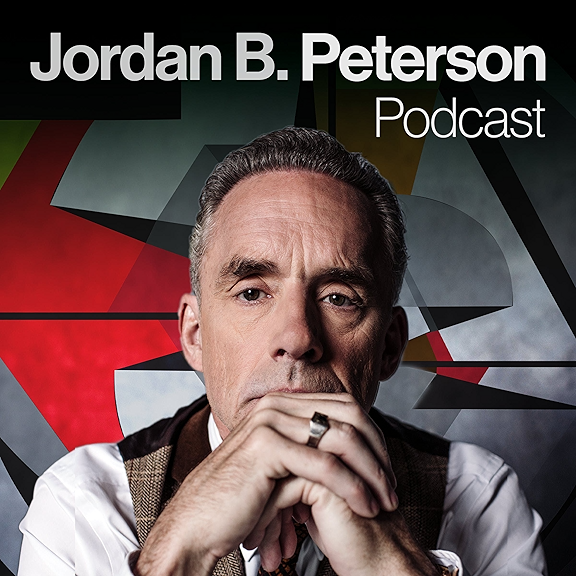
Roberta Hill - Bioregional and ecological education in the Acadian Northern Forest of Maine
Roberta is an all weather outdoor enthusiast, field ecologist, an exuberant gardener, a fearless cook, a lifelong learner, musician, and dancer. She and her husband are firmly rooted in the gardens, orchards, fields and woodlands that grace their beloved Irish Hill in Buckfield, Maine. Roberta has been helping Mainers and their communities protect the ecological systems they depend on for the past three decades. With a special passion for the lakes of her region, she has been a leader in the development of some of the state's most enduring lake education programs, has led watershed restoration and resiliency efforts, and has trained and mentored thousands of citizen scientists and stewards. She is the author of a host of print and online resources supporting citizen engagement in the protection of Maine waters. And she is keenly aware of our precious moment in history and the urgent need to restore balance to local and global ecosystems. She's thoroughly committed to the work of ensuring a better world for the future generations and grateful for having found a loving and supportive community to help her in this work at CEBE, the local Center for an Ecology-Based Economy. Support Roberta by following her work with CEBE as the new Bioregional Coordinator: ecologybasedeconomy.org.
If Roberta’s story inspired you, check out some of the resources that guided her learning path below:
When I decided to go back to school to gain the knowledge and skills I needed to set off on my path “saving life on earth” there was no degree program, locally, for me to plug into, nor was online learning really a thing. So I started talking to professors at nearby University of Southern Maine and gleaning what help and guidance I could from those conversations, I designed my own interdisciplinary major in “Environmental Studies” with a concentration in ecology and education. Given that my goal was to learn all I could about how we got here and how to move beyond our current predicament as swiftly and gracefully as possible, my coursework included everything from classical economics (where I ended up learning how to articulate compelling arguments that called into question pretty much everything I was being taught), to earth science, biology and ecology, philosophy of education and science, feminism and more.
That path led me to an internship at one of Maine’s first and largest regional watershed associations, where I learned not only a great deal about ‘how lakes work,’ but also gained a deep appreciation for their embeddedness in the land and the climate system that surrounds them, and the value of carefully monitoring lake health over time as an effective means of supporting local and statewide stewardship efforts. Though my position and employer affiliation shifted a number of times, I continued to work in the lake-centered, non-profit/quasi-municipal sector for about 30 years. I remain grateful for every bit of experience I gained there, from teaching learners of all ages to program, project development and management, from developing print and online learning aids to creating opportunities for collaborative endeavors where participants may come together around an issue of concern, imagine new possibilities and work together to bring them to fruition. Most exciting to me personally was witnessing time and time again how supporting learning through direct meaningful on-the-ground (or on-the-lake) engagement creates the conditions for leadership to emerge and flourish.
I am a voracious learner and reader so it would be very hard to capture much of that path even in a massively pared-down list. However, a few books that I have read recently that stand out as particularly helpful, beyond Joe Brewer’s The Design Pathway to Regenerating Earth (which is a must of course,) are:
- Doughnut Economics by Kate Rawsworth
- Braiding Sweetgrass by Robin Wall Kimmerer
- Sacred Instructions by Sherri Mitchell
- The Dawn of Everything by David Graeber and David Wengrow
- Becoming Animal by David Abram
- At Work in the Ruins by Dougald Hine
- One book that not only fits into this category but also reflects my own learning journey in many ways, is Jeremy Lent’s The Web of Meaning.
I also listen to lots of podcasts. Most directly relevant to this work perhaps are:
- The Great Simplification with Nate Hagens
- Doomer Optimism with Jason Snyder, Ashley Colby and others
- For the Wild with Ayana Young
- Crazy Town with Rob Dietz, Asher Miller and Jason Bradford.
As for recent online courses and events, again too numerous to name, but a couple of the more recent in- depth courses that I have found helpful and encouraging are:
- The Pachamama Alliance’s Game Changer Intensive course
- Post Carbon Institute’s Think Resilience course
- Highest among these online learning and networking experiences by far has been my involvement with The Design School for Regenerating Earth. It is there that I have found not only access to the learning I need to carry out my work as a landscape leader as effectively (and joyfully) as possible, but also a community of wonderfully knowledgeable and generous kindred spirits with whom to share this brilliant emergent learning process.
You can follow along as we continue to weave this story on our Substack at awakeninglands.substack.com.
If you'd like to support Anna and Benji to continue weaving stories through Awakening Lands, you can do that from our Patreon Page at https://www.patreon.com/awakening_lands.




















